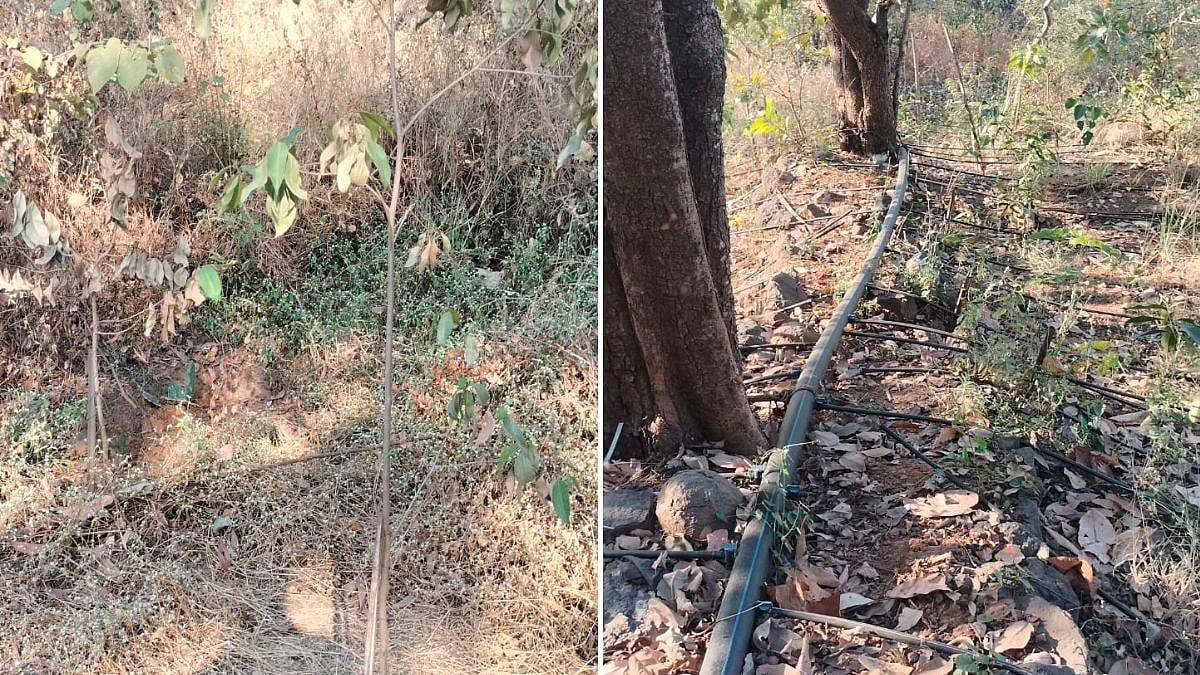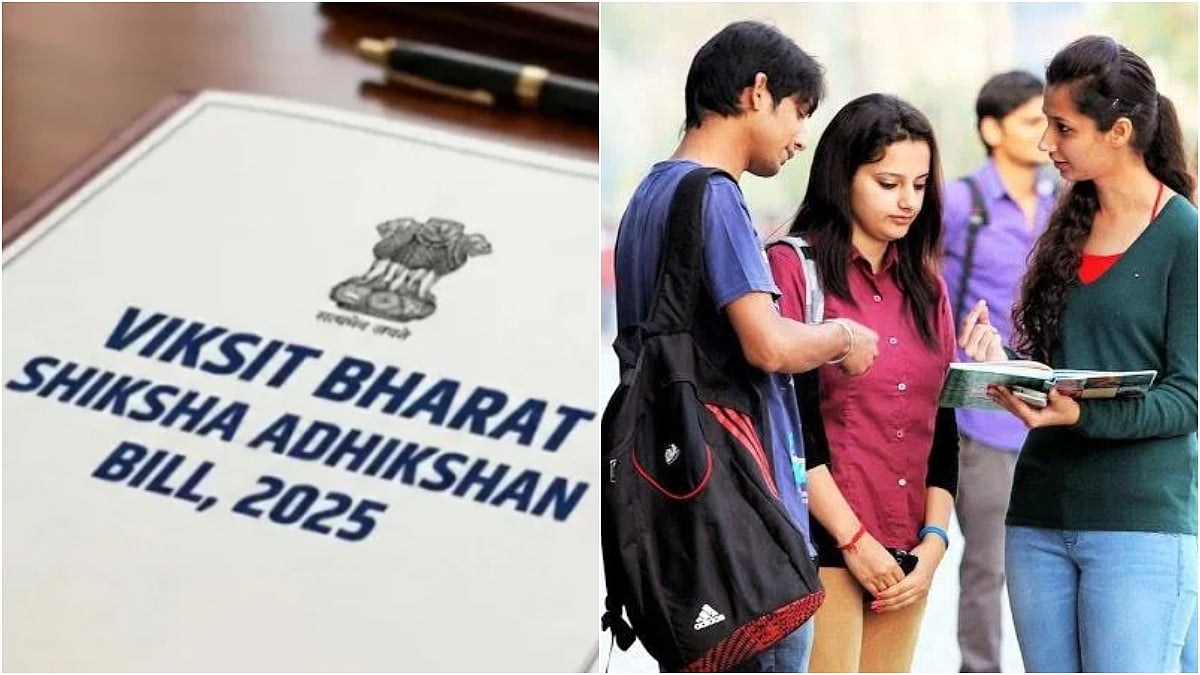On Friday, March 25, 2022, the Lok Sabha passed the Finance Bill 2022. The Bill was passed with more than 30 changes in the Finance Bill as introduced on February 1, 2022. New amendments have been made and some proposed amendments have been removed or modified.
Some of the important provisions which the crypto investors must be aware before investing in Virtual Digital Assets are listed below:
- Loss from one Virtual Digital Asset (“VDA”) cannot be set off against income of another VDA.
- Definition of ‘transfer’ shall apply even if VDA is not held as a capital asset.
- Section 115BBH of the Income Tax Act to override all other provisions to tax income from transfer of VDA at 30%.
- Computation provision of section 115BBH would not fail even if there is no cost of acquisition of VDA.
A Virtual Digital Asset is defined under Section 2 (47A) of the Income Tax Act.
A virtual digital asset is proposed to mean any information or code or number or token (not being Indian currency or any foreign currency), generated through cryptographic means or otherwise, by whatever name called, providing a digital representation of value which is exchanged with or without consideration, with the promise or representation of having inherent value, or functions as a store of value or a unit of account and includes its use in any financial transaction or investment, but not limited to, investment schemes and can be transferred, stored or traded electronically.
Non fungible token and any other token of similar nature are included in the definition.
TAXABILITY UNDER SECTION 115 BBH
Where the total income of an assessee includes any income from the transfer of any virtual digital asset, the income-tax payable shall be the aggregate of:
(a) the amount of income-tax calculated on the income from transfer of such virtual digital asset at the rate of thirty per cent; and
(b) the amount of income-tax with which the assessee would have been chargeable, had the total income of the assessee been reduced by the income referred to in clause (a).
Notwithstanding anything contained in any other provision of this Act,
(a) no deduction in respect of any expenditure (other than cost of acquisition) or allowance or set off of any loss shall be allowed to the assessee under any provision of this Act in computing the income referred to in clause (a) of sub-section (1); and
(b) no set off of loss from transfer of the virtual digital asset computed under clause (a) of sub-section (1) shall be allowed against income computed under any other provision of this Act to the assessee and such loss shall not be allowed to be carried forward to succeeding assessment years.
The tax on cryptocurrencies, will be separate from taxes levied on capital gains from other investments like investment in stocks and funds.
TAX DEDUCTED AT SOURCE (TDS):
1% TDS will be deducted by the buyer, on transfers of VDA, irrespective whether the transaction is at a profit or at a loss.
SET OFF AND CARRY FORWARD OF LOSSES
It is pertinent to note here that the loss from one kind of VDA cannot be set off against the gains from any transaction involving another VDA while computing tax.
No set-off and carry-forward of losses allowed to Virtual Digital Assets investors.
EXPENSES ALLOWED TO BE DEDUCTED FROM SALE VALUE
No Deduction (Other than cost of acquisition) in respect of any expenditure shall be allowed under any provisions of the Act.
Infrastructure costs incurred in mining of VDA (eg. crypto assets) will not be treated as cost of acquisition as the same will be in the nature of capital expenditure which is not allowed as deduction as per the provisions of the act.
TAXABILITY OF GIFT OF DIGITAL ASSET
Individuals who receive digital assets as gifts would also be taxed under the section 56(2)(x).
GST
In addition to the above income tax provisions, the Government is also working on classification of cryptocurrency under the Goods and Services Tax (GST) in order to levy tax on the entire value of transactions.
The current law does not have a clear classification for cryptocurrency and 18% GST is levied only on services provided by crypto exchanges categorized as financial services.
Clarity is awaited on levy of GST on cryptocurrencies and whether it would be levied on the entire value.
CONCLUSION
Meanwhile, the Indian government is working on cryptocurrency legislation. A crypto bill was listed to be considered in the winter session of Parliament but it was not taken up. According to reports, the Government needs more time to finalize the bill.
The way the Indian Government has implemented the taxation of VDA’s, clearly indicates the Government’s intention of dissuading investors to invest in this volatile asset class and encourage investments in Government backed Central Bank Digital Currency which will be launched soon.










